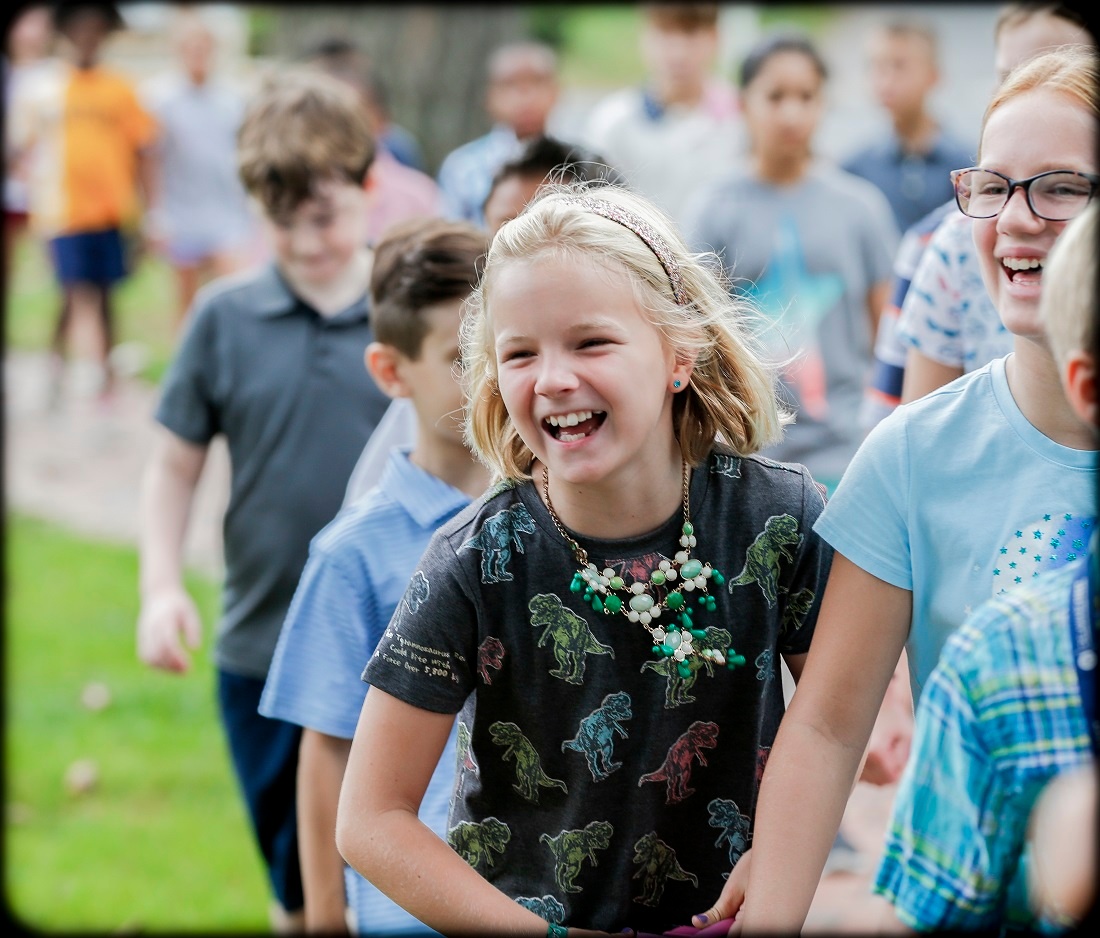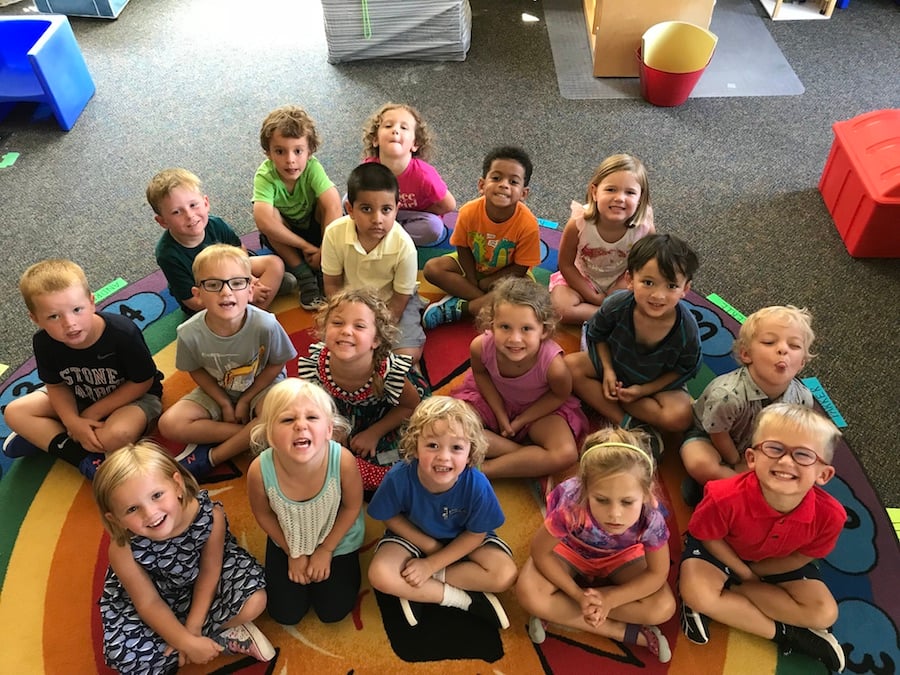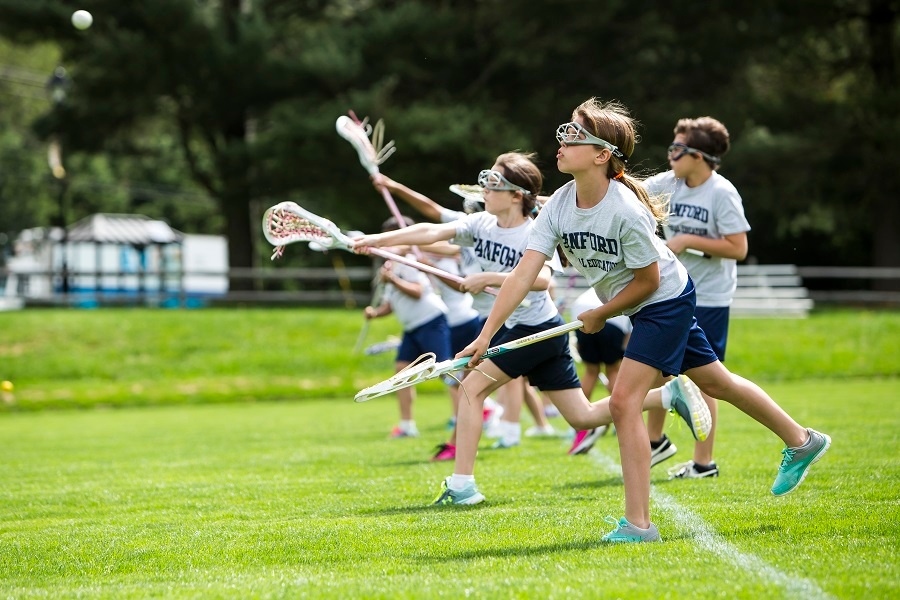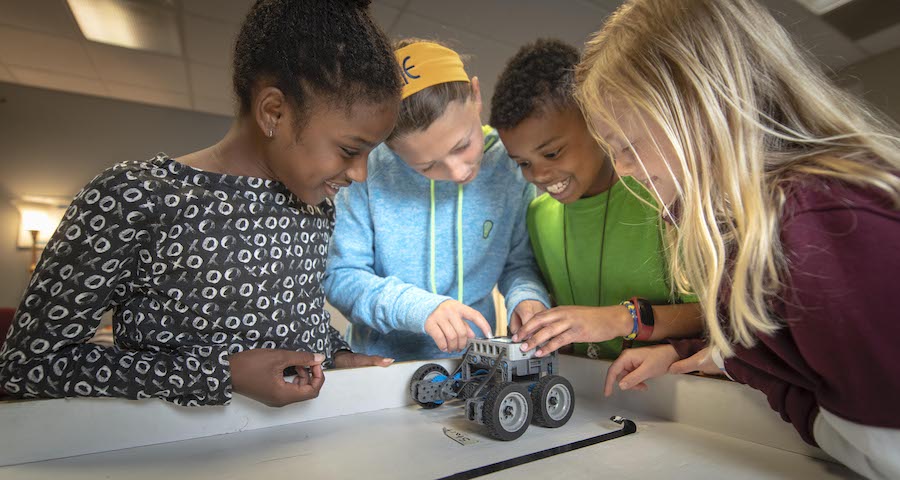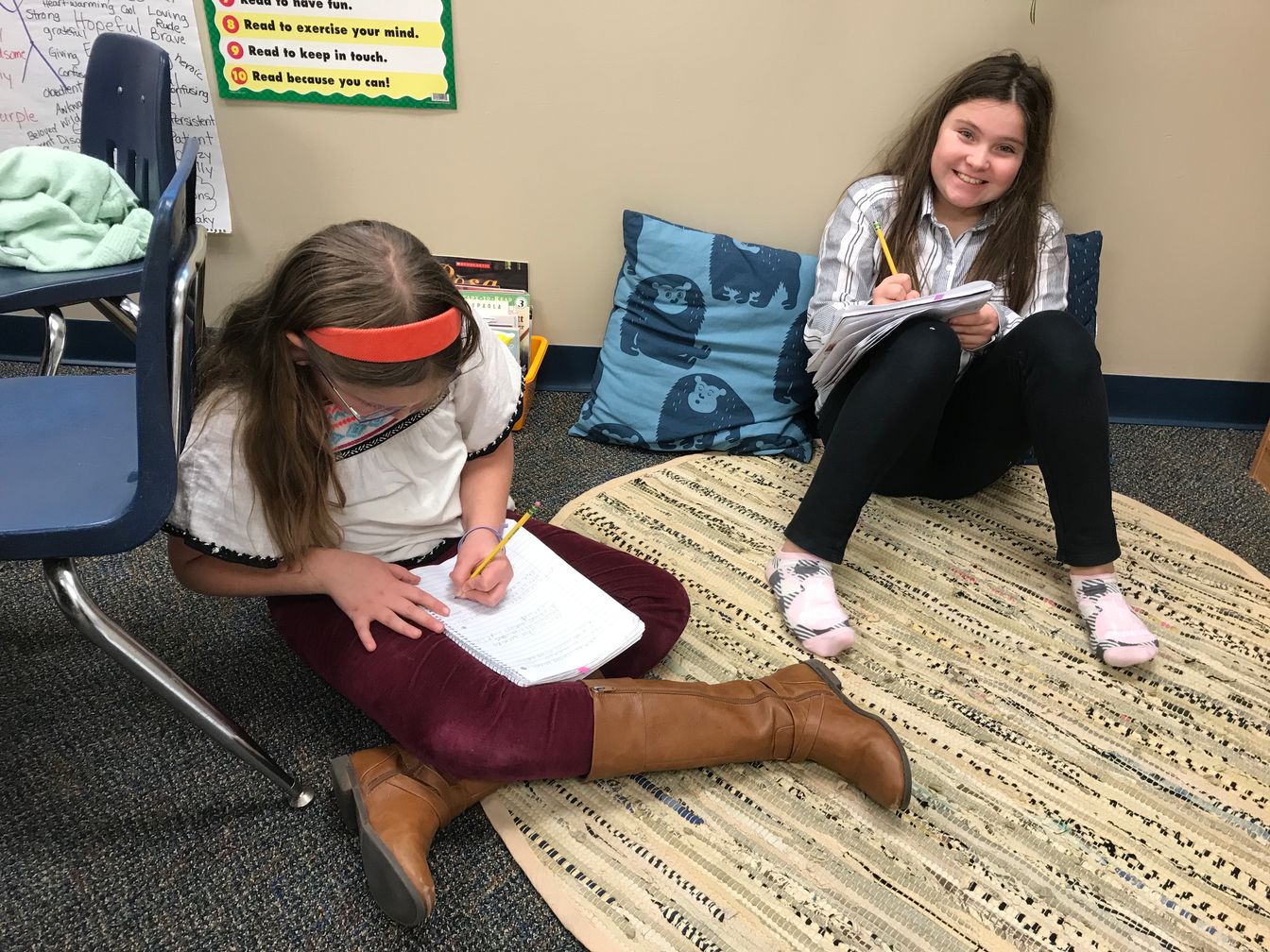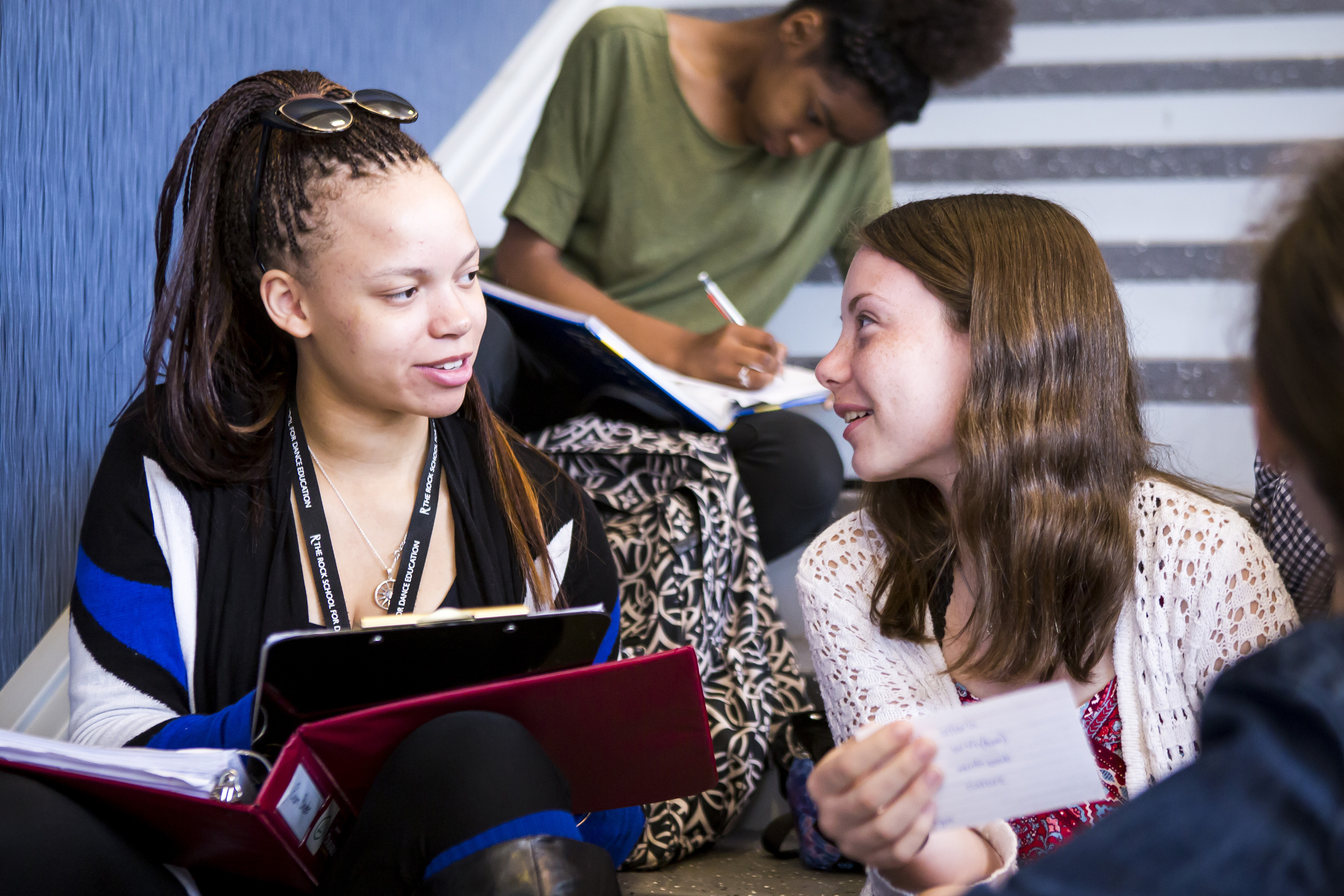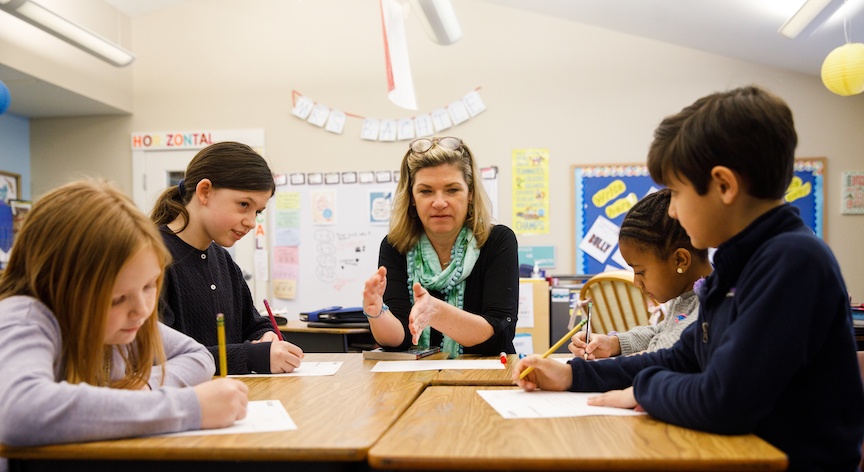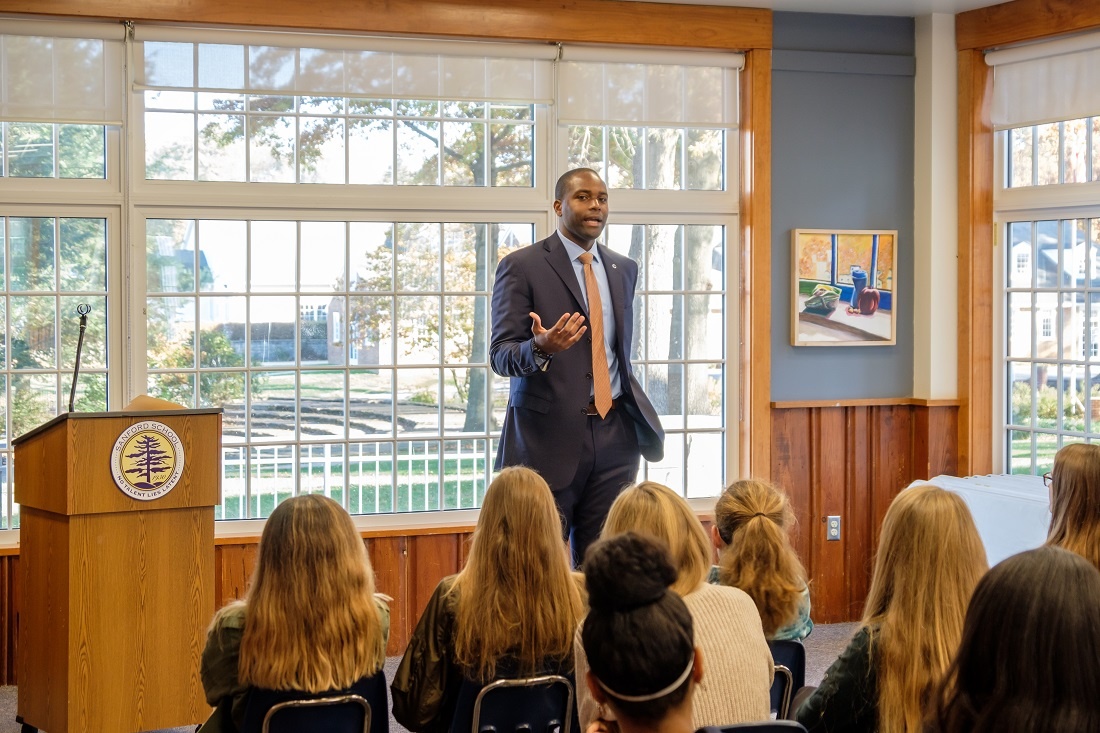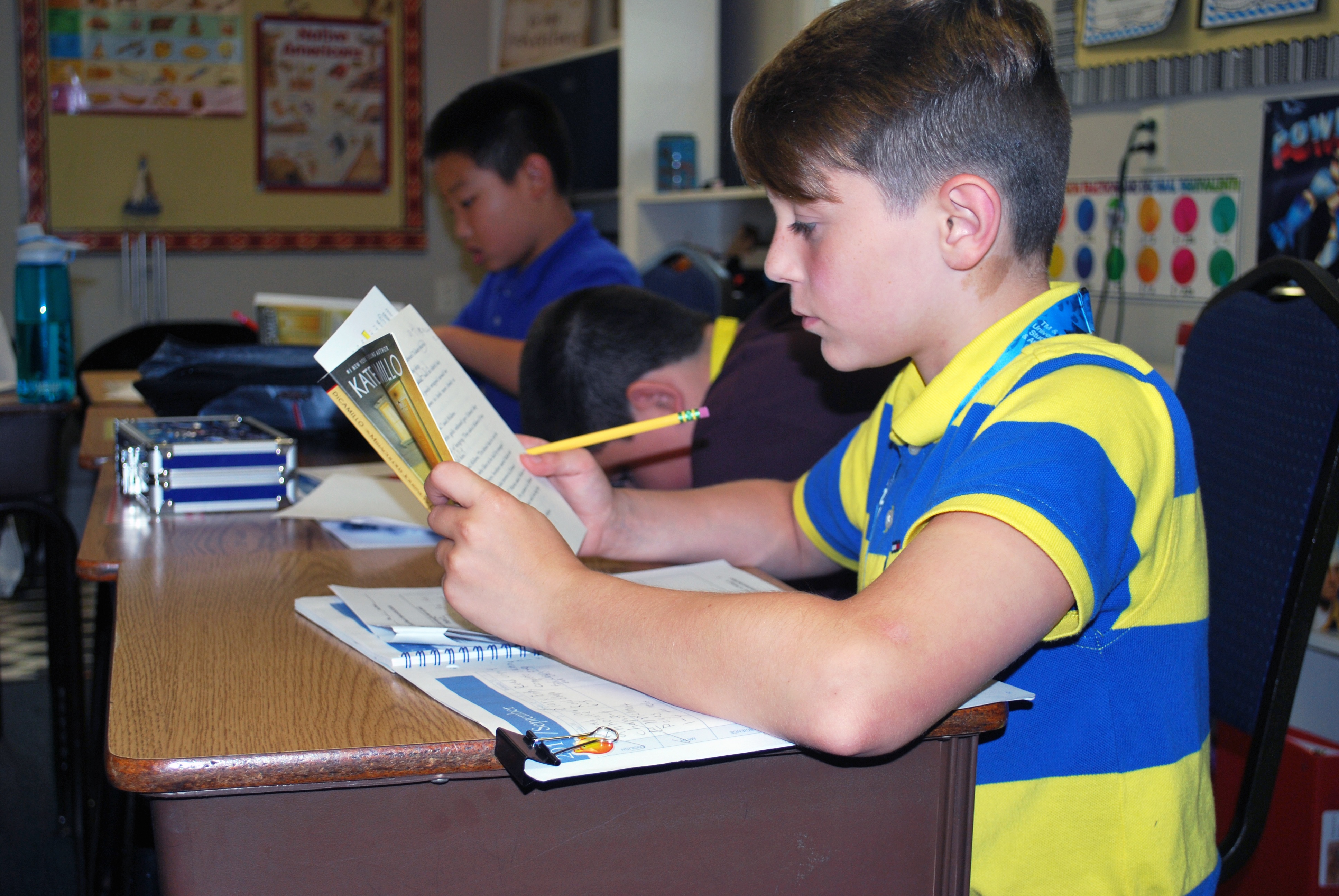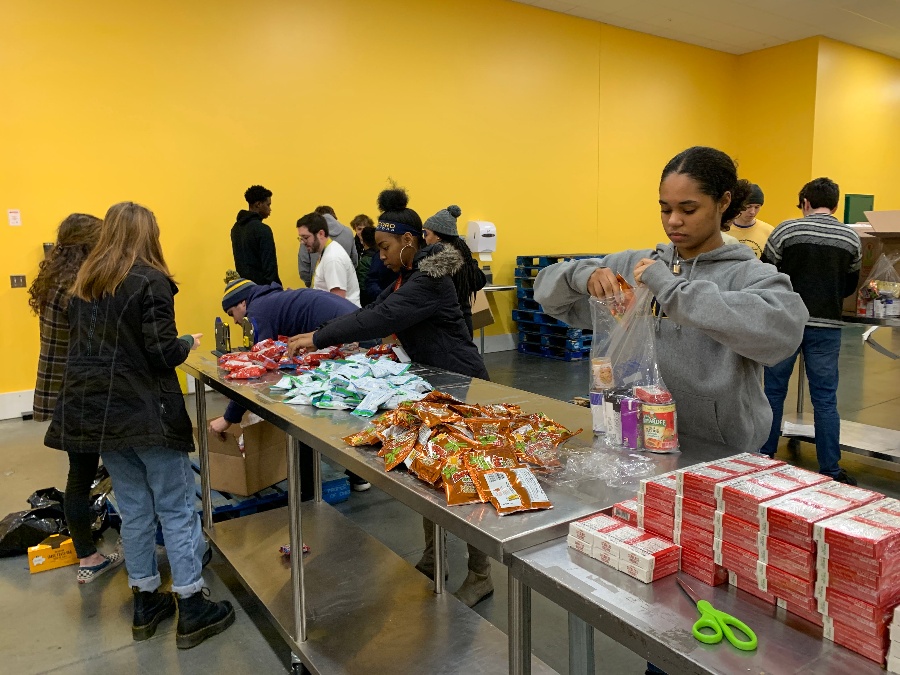On a typical school day, students are required to interact with peers and adults, assess situations, and decide upon action steps. A clear frame of mind allows students to effectively manage and reason through stressors in a positive, healthy way.
Sometimes, a child’s frame of mind is unclear or even completely clouded. What’s clouding their thinking and what can we do about it? Below are some examples of common mental filters that, despite being invisible to onlookers, color a student’s world in a way that significantly impacts their school day. Understanding what these filters are and how to combat them is imperative in knowing how to help and support children through their anxiety.

